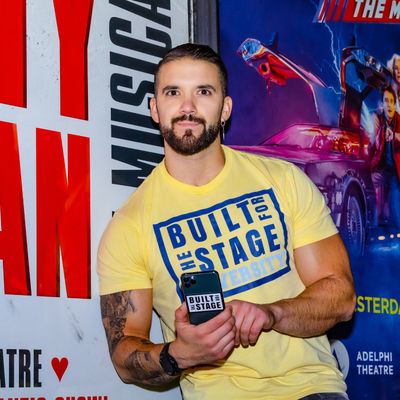On this episode of Conversations with Changemakers, we speak with Joe Rosko, Founder and CEO of Built for the Stage. With the pandemic shutting down the US and performing arts, I wanted to have this frank conversation with Joe about how we can take care of ourselves and each other. We discuss physical fitness and personal training, mental health, digital wellness, entrepreneurship, and more.
Click here to access bonus resources from this episode.
Connect with Joe Rosko:
Connect with Tony Howell:
Episode Credits:
- Art by Tony Howell + Gertrude Pillena
- Editing by Connor Lynch
- Hosting by Broadway Podcast Network
If you enjoyed this episode, please visit RateThisPodcast.com/tonyhowell. Be sure to check out our past conversations and subscribe for next month’s special guest!


